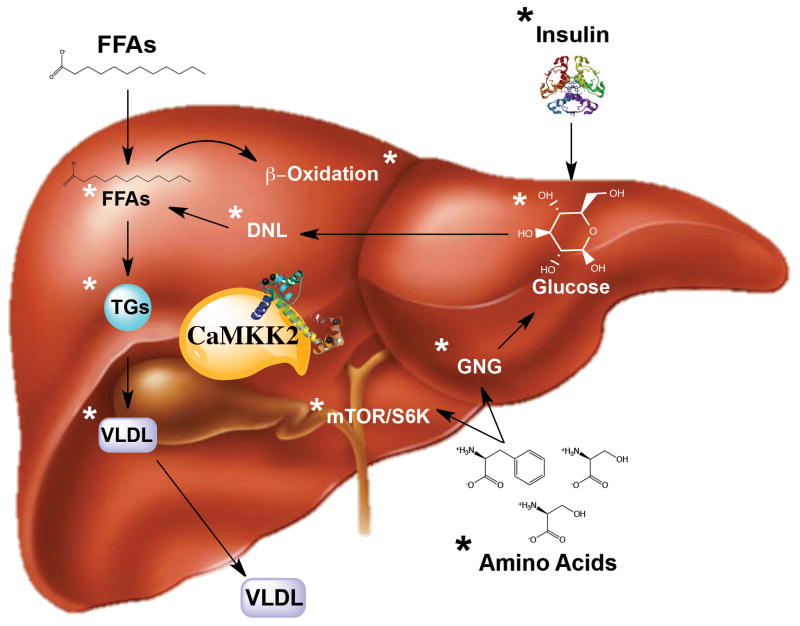Figure 3. Liver-centric metabolic functions of CaMKK2.
In the liver, ablation of CaMKK2 impacts the metabolic flexibility of numerous pathways as indicated by the asterisks (*). Loss of CaMKK2 in response to high fat diet feeding reduces levels of free fatty acids (FFAs), triglyercides (TGs) and very low-density lipoproteins (VLDL) as well as low densitiy lipoproteins and cholesterol (not depicted) [52]. Consistent with these observations, hepatic-specific ablation of CaMKK2 is sufficient to confer improved insulin sensitivity [33]. Primary hepatocytes devoid of CaMKK2 show increased de novo lipogenesis along with increased β-oxidation [33]. In the context of hepatic cancer, CaMKK2 is essential for driving mTOR/S6K signaling to promote protein synthesis that increases cancer cell proliferation [35].

